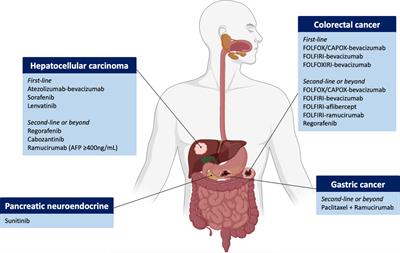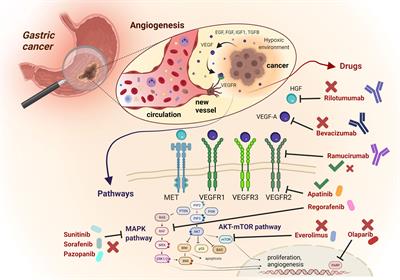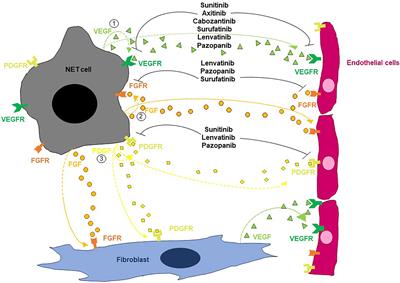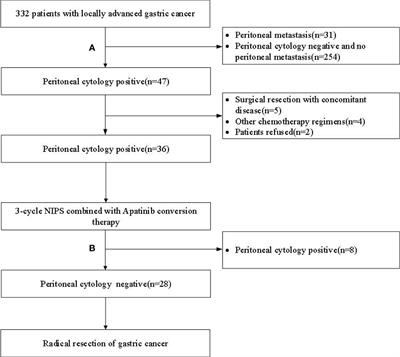EDITORIAL
Published on 01 Feb 2023
Editorial: Angiogenesis blockade for the treatment of gastrointestinal cancer
doi 10.3389/fonc.2023.1147849
- 818 views
- 2 citations
10k
Total downloads
27k
Total views and downloads
Select the journal/section where you want your idea to be submitted:
EDITORIAL
Published on 01 Feb 2023
REVIEW
Published on 10 Oct 2022

REVIEW
Published on 23 Sep 2022

REVIEW
Published on 17 Aug 2022

CASE REPORT
Published on 10 Aug 2022

ORIGINAL RESEARCH
Published on 30 Jun 2022

REVIEW
Published on 19 May 2022

ORIGINAL RESEARCH
Published on 06 Apr 2022

ORIGINAL RESEARCH
Published on 02 Mar 2022

ORIGINAL RESEARCH
Published on 19 Jan 2022

REVIEW
Published on 10 Jan 2022


Frontiers in Pharmacology